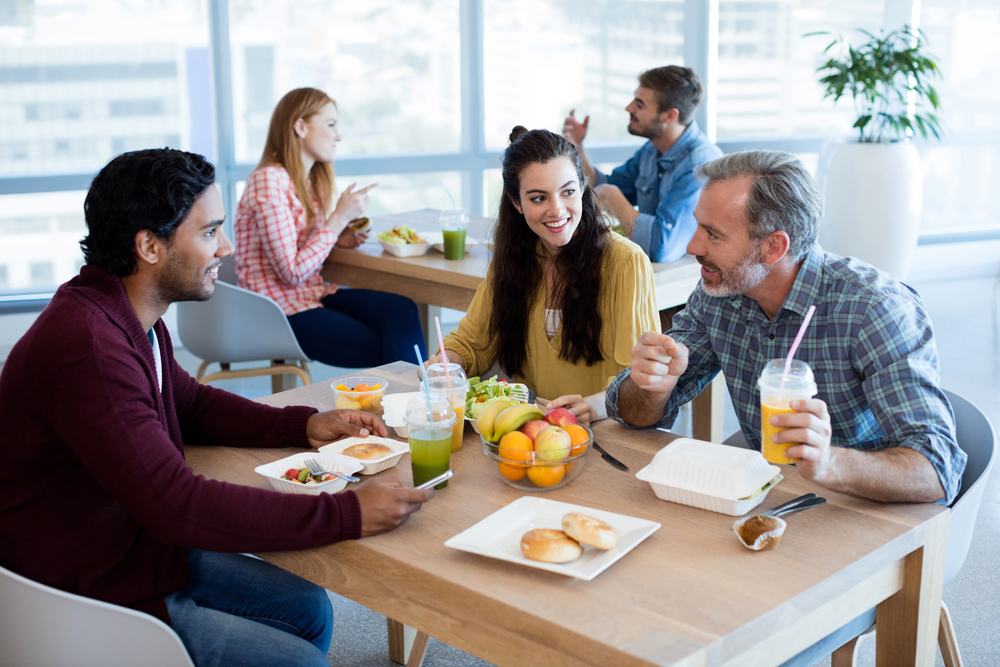
In the UK, businesses can often claim back the VAT (Value Added Tax) they have paid on goods and services purchased for use in their business. However, when it comes to staff subsistence (food, drink, accommodation), the rules can be complex.
Can you claim VAT for subsistence costs?
VAT can be reclaimed on subsistence costs paid to employees, but only when certain criteria are met including employee’s location, and how these costs are treated by the business.
How VAT works for subsistence costs
In a business context, subsistence expenses are costs incurred by an employee on food, drink, and accommodation away from the normal place of work. VAT can be reclaimed on subsistence expenses if the business pays the actual cost of the expense subject to the normal rules for reclaiming input tax.
However, there are cases where a business can reclaim VAT on subsistence costs for someone other than an employee, or for accommodation near the normal place of work. For instance, HMRC provides an example of hotel accommodation near the workplace given to a business director when a rail strike would prevent the director from getting to work.
It is important to be aware that when a business pays a fixed allowance to an employee, the business cannot reclaim the VAT even if they have tax invoices. This is because the supply hasn't been made to the business.
Accommodation
When an employee incurs costs for overnight accommodation as part of a business trip, the VAT incurred on these costs is reclaimable if the business covers the cost of the stay. This is because the accommodation is necessary for the employee to carry out their business duties and is, therefore, considered a business expense.
VAT is also reclaimable on overnight accommodation away from the normal place of work when the cost is incurred by a director. partner or sole trader.,
Meals
VAT can be reclaimed on meals for employees which are paid for by the business. This includes meals provided in a staff canteen. VAT incurred on meals taken away from the normal place of work by directors, partners or sole traders can be reclaimed provided the meals are for a business purpose.
Can you claim VAT on lunches?
If the expense is related to a business trip, you can. A VAT receipt or invoice must be obtained and retained by the business
However, if employees are paid a flat rate for expenses, then VAT cannot be reclaimed on lunches.
What is the difference between subsistence and entertainment?
There is often confusion around the difference between subsistence and staff entertainment, as both can involve the provision of food, drink, and sometimes accommodation. The key to VAT treatment is the purpose of these provisions.
Subsistence
Subsistence refers to food, drinks, and overnight accommodation provided to employees and paid for by the business when the costs are incurred for a business purpose.
For instance, if an employee is required to travel for work and incurs costs for meals and accommodation, these are subsistence expenses. Such costs are directly linked to the employee's ability to perform their duties.
Entertainment
The VAT treatment of entertainment expenses in the UK varies depending on whether the entertainment is provided to clients or staff. Generally, businesses cannot reclaim VAT on client entertainment costs, such as meals, drinks, or event tickets offered to clients, suppliers, or customers. These expenses are considered not to have a strict business purpose and VAT legislation specifically blocks VAT recovery.
However, the VAT treatment differs for staff entertainment. Businesses can reclaim VAT on expenses incurred for providing entertainment or hospitality to employees, such as staff parties, team-building activities, or meals during business trips. To qualify for VAT recovery, the entertainment must serve a business purpose, such as rewarding employees for good work or maintaining/improving staff morale. Additionally, the entertainment should not be provided solely to directors, partners, or sole proprietors, and employees cannot be acting as hosts to non-employees.
It's important to note that VAT recovery is potentially recoverable on mixed-use goods or services, such as sponsoring an event to entertain customers and advertise to a wider audience or using capital goods like a yacht for charter and business entertainment,. In such cases, HMRC allows a proportion of the VAT to be reclaimed based on the identifiable business use of the goods or services.

Lynne Gill
My area of expertise is land and property transactions but I have extensive knowledge of both domestic and international VAT and I love complex VAT queries. I have an Honours degree in Business Studies and a VAT legal and technical qualification from the Institute of Indirect Taxation.
View my articlesTags: VAT
